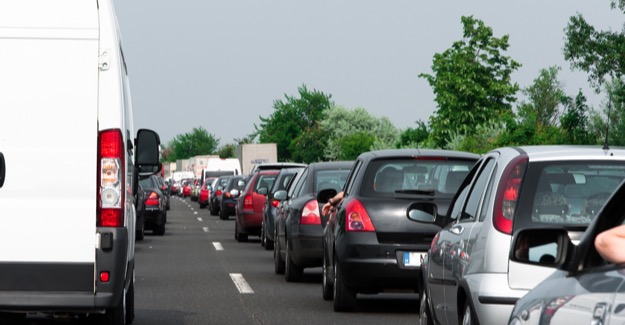Data lacking on where and when 'dirty diesels' are used
A diesel scrappage scheme aimed at taking the most polluting cars off the road is likely to be costly and ineffective.
Last year the RAC Foundation carried out analysis that concluded a nationwide diesel scrappage scheme on the same scale as that used to support the automotive industry back in 2009/10 – which saw 400,000 cars scrapped – would bring about barely any improvement in air quality.
Now in a new paper looking at how a more targeted scheme might work the Foundation has concluded that the logistical and financial challenges associated with such a project are likely to outweigh most of the benefits.
The report concluded that “the air quality problem is not a dirty vehicle numbers issue, but a dirty vehicle mileage issue.”
While it is possible to use DVLA registered keeper data to give a good indication of where private diesels are kept it is much harder to identify where they are driven, how far they are driven and at what time day.
Without this information it is almost impossible to assess the air quality benefits associated with taking particular diesels off the road.
In December 2016 the RAC Foundation published a summary by Ricardo EAE of the problems caused by diesel vehicles including the latest health impacts.
ENDS
Contact:
Philip Gomm – Head of External Communications – RAC Foundation
[email protected] | 020 7747 3445 | 07711 776448 | 020 7389 0601 (ISDN)
Notes to editors:
The RAC Foundation is a transport policy and research organisation that explores the economic, mobility, safety and environmental issues relating to roads and their users.
The Foundation publishes independent and authoritative research with which it promotes informed debate and advocates policy in the interest of the responsible motorist. All the Foundation’s work is available at: www.racfoundation.org



